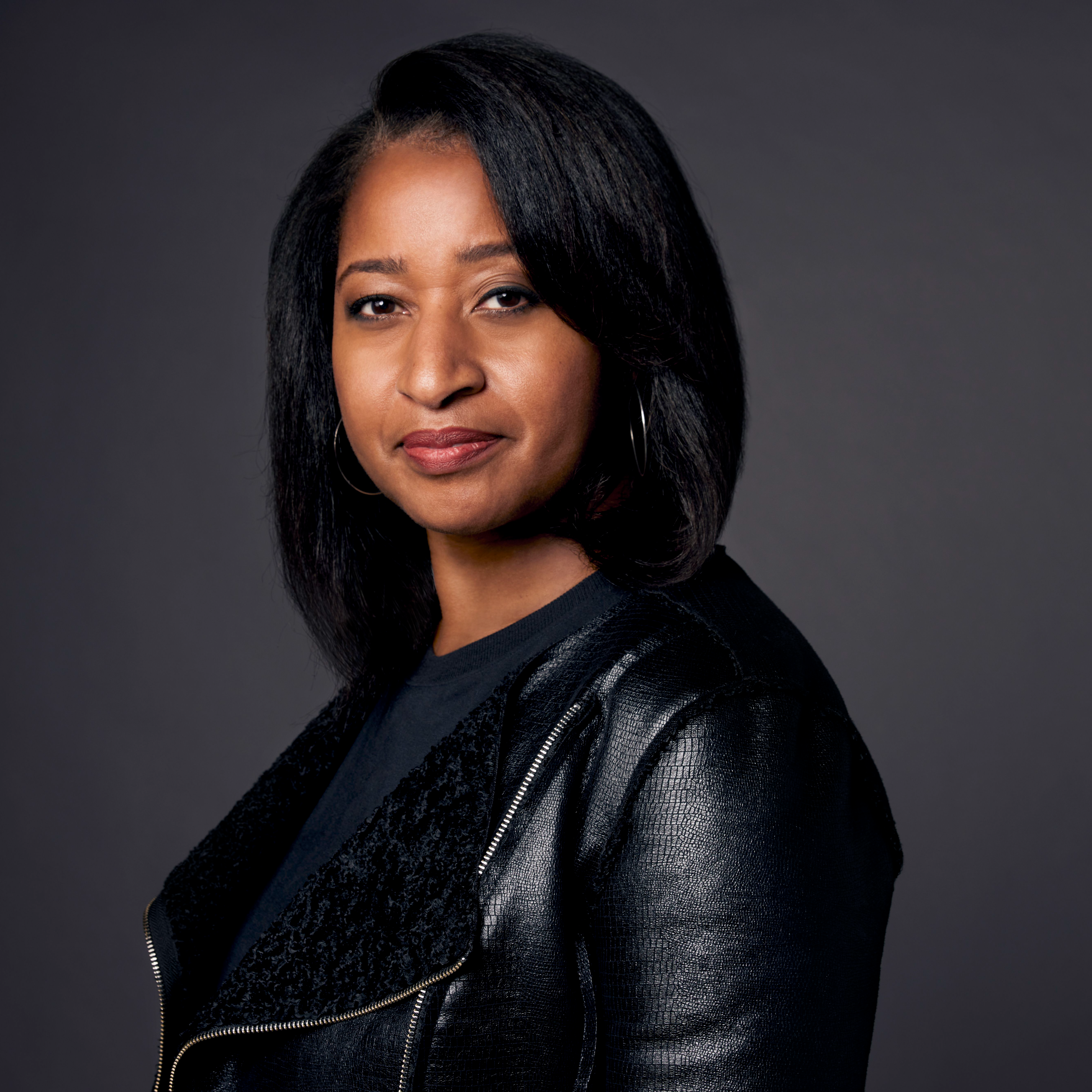RHONE: Standing up to hair relaxer companies necessary for consumer safety

Growing up in rural Georgia, Jenny Mitchell was 10 years old when she began using chemical relaxers to straighten her hair. Her mother relaxed Mitchell’s hair at home for years, using a product called “Just for Me,” which came in a brightly colored box with flowers and photos of smiling little girls with long, lush ponytails or a head full of perfect corkscrew curls.
Mitchell and her mother never expected that inside that box, along with a cassette tape that played a catchy theme song, were products made with chemicals so caustic and harmful that decades later, scientific research would link them to uterine, ovarian and breast cancers in many of the women who had used them as children.
“These products never said: ‘Hey, may cause cancer,’” Mitchell said in an interview with The New York Times. “Millions of African American women have used this product. We have to shine the light and hold these people accountable.”
Mitchell was diagnosed with uterine cancer at age 28. She had a hysterectomy in 2018. Now she is the lead plaintiff in a class-action multidistrict litigation with about 9,000 other women nationwide seeking relief from makers of chemical relaxers who allegedly knew or should have known their products were harmful to women’s health. The case was consolidated in Illinois.
Last week, the litigation hit close to home when the Georgia Supreme Court agreed to review the case of Kiara Burroughs, another Georgia woman who says she developed uterine fibroids and related health problems as a result of using hair relaxers for 19 years, starting in 1995 when she was 6 years old.
The court is deciding if Burroughs’ lawsuit, filed in 2022, is outside of the allowable time frame for product liability claims. Georgia law generally allows 10 years from “first sale for use or consumption of the personal property causing or otherwise bringing about the injury.”
But Burroughs’ attorneys said that aspect of the product liability law has never been addressed in chronic exposure cases by Georgia’s highest court. The decision could set a precedent for more than 270 cases that have been filed statewide in recent weeks.
I’m no legal expert but cases like Burroughs must be allowed to move forward.
Burroughs, at ages 6 through 16, had no way of knowing the product she was using would lead to harm over time. Even if manufacturers had included consumer warnings on their products, which they did not, it would take time for impacts on reproductive health to be revealed.
Burroughs’ story is likely relatable to many Black women, about 89-95% of whom have used a chemical relaxer to straighten their hair at least once. The dangerous chemicals in hair relaxers permanently alter the protein bonds of hair to transform it from tightly coiled and curly textures to straight.
I got my first relaxer at age 12 and kept getting it retouched for 18 years. When I made the decision to stop relaxing my hair, it was specifically for health reasons. I didn’t have studies but I had my own experience as evidence of harm — a scalp infection resulting from a relaxer induced chemical burn that left me with scarring alopecia.
Black women may straighten their hair for different reasons, but one element that surfaces time and again in their decision is the desire to reduce yet another physical marker that leads to discrimination or scrutiny at school, at work, in our neighborhoods and sometimes in our own homes.
Having a hairstyle that conformed to European standards of beauty was how earlier generations forged an identity for themselves in places where they were not fully represented. They passed this legacy to subsequent generations, even as many of them suspected these hair relaxers were causing physical and emotional damage.
Though first invented in the early 1900s, hair relaxers came into widespread use during the late 1950s. Only three generations of Black women have consistently used these products and only in recent years have those women been the focus of research that explores the connection between prolonged use of hair relaxers and serious health concerns.
Scientific research is rarely focused on the health concerns of Black women but several studies have begun to connect the dots between relaxer use and health outcomes. Recent research from Boston University found that women who used relaxers more than twice a year for more than five years had a 50% increase in uterine cancer risk.
Chemicals used in relaxers such as formaldehyde, phthalates and parabens are carcinogenic, or endocrine disrupters that interfere with hormones in the body. Studies have shown that prolonged exposure to these chemicals are connected to cancers, preterm births, and other illnesses. About 84% of these harmful chemicals do not appear on product labels.
The U.S. Food and Drug Administration, which has oversight over product safety, relies on manufacturers to make sure products conform to safety standards. The burden often falls on consumers to demonstrate evidence that products are harmful to their health.
It’s too easy for manufacturers to avoid accountability. Other consumer products such as tobacco, baby powder and baby food, all come to mind.
Allowing the Burroughs case to move forward in Georgia doesn’t just help Black women, it sends a message to all Georgians that we can stand up to companies that sacrifice our well-being for profits.
And there shouldn’t be a time limit on that kind of lesson.
Read more on the Real Life blog (www.ajc.com/opinion/real-life-blog/) and find Nedra on Facebook (www.facebook.com/AJCRealLifeColumn) and X (@nrhoneajc) or email her at nedra.rhone@ajc.com.



